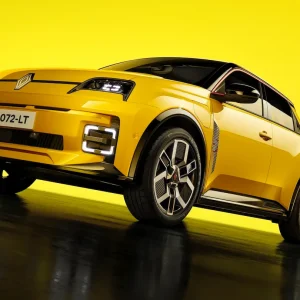I’d vowed to myself to take a break from writing about electric vehicles after writing in this very column two issues ago about how uncertainty over things such as recharging networks and RVs were threatening to handicap their uptake in the UK fleet arena.
But this issue of BusinessCar illustrates what a hot topic the new technology is. I’ll start with the good, in the form of the two development plug-in hybrids BusinessCar has been given access to (see p19). Both the Vauxhall Ampera and Toyota Prius plug-in electric vehicles offer hope that the transition to EVs could be a smooth one, and are impressive products that will offer genuine alternatives – price permitting – to the traditional fare.
But the single biggest issue surrounding EV uptake is the £5000 Government grant. Those in power need to decide, once and for all, if it will definitely be offered, how the system will operate and exactly how much money is in the pot. Although uncertainty is a problem at any time, it’s currently not the end of the world as the cars aren’t yet available. But we need a clear, simple and concise plan from the top to give businesses the confidence to prepare for the future – from how the grant will be offered to clarify the tax implications for both the business and driver.
Follow BusinessCar on TWITTER





